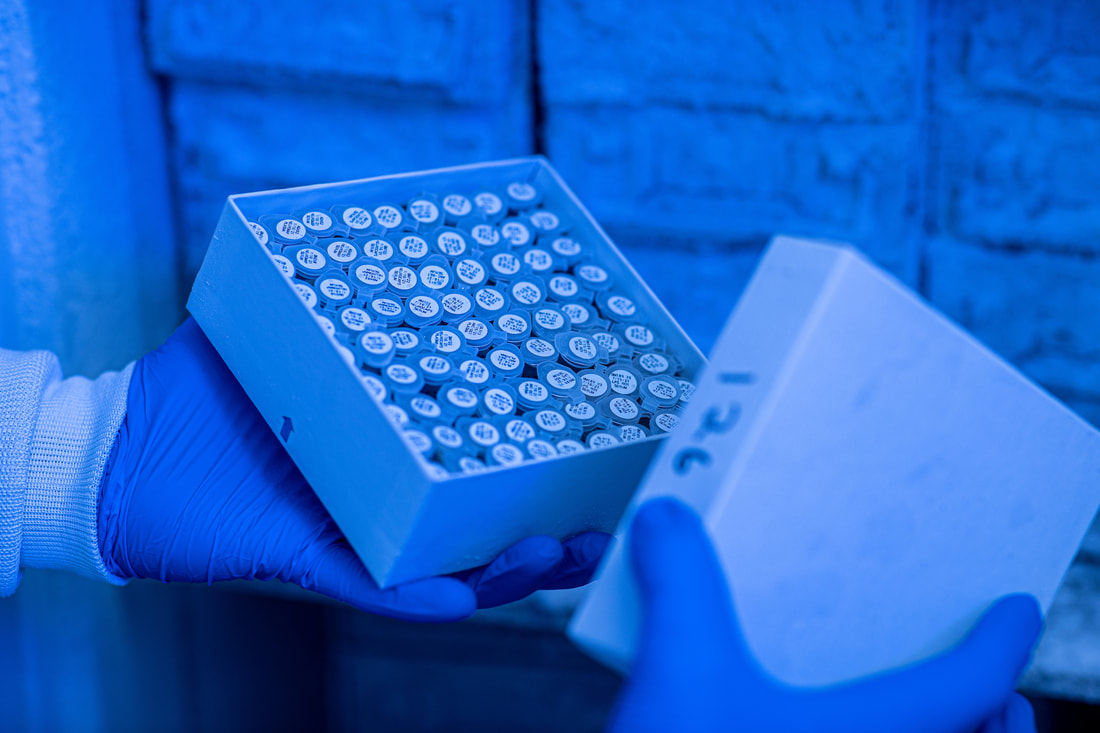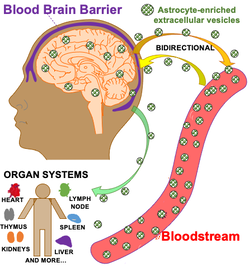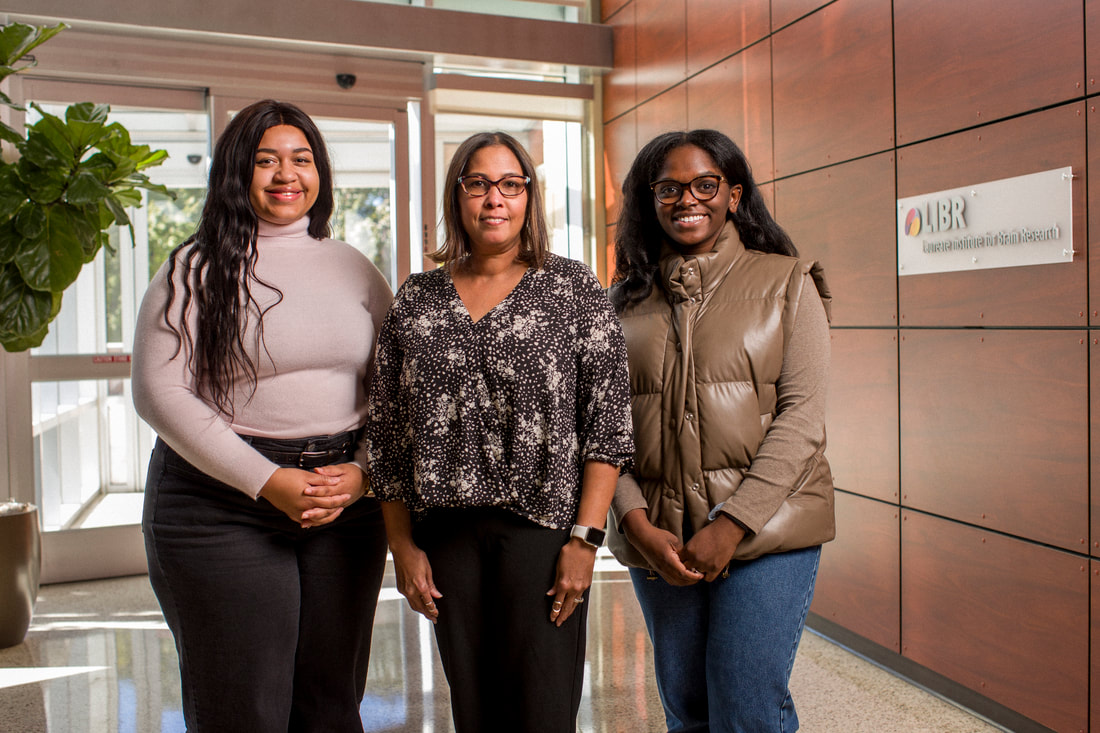Leandra Figueroa-Hall, Ph.D.
Principal Investigator, LIBR
Research Assistant Professor, Oxley College of Health and Natural Sciences, The University of Tulsa
Research Assistant Professor, Oxley College of Health and Natural Sciences, The University of Tulsa








